Judicial experts sound alarm on eroding independence in India and U.S.
Justice Muralidhar outlined the structural weaknesses undermining judicial independence in India and called on law schools to foster critical thinking and uphold academic freedom.
 A gavel and a block is pictured at the George Glazer Gallery antique store in this illustration picture taken in Manhattan, New York City, U.S., Aug.18, 2020. / Reuters/Andrew Kelly
A gavel and a block is pictured at the George Glazer Gallery antique store in this illustration picture taken in Manhattan, New York City, U.S., Aug.18, 2020. / Reuters/Andrew Kelly
Former Delhi High Court judge Justice S. Muralidhar joined a panel of international legal experts at the New York City Bar Association to discuss what they described as an escalating global crisis of judicial independence.
The discussion, titled “Judicial Independence at Risk: Reflections from the U.S. and India,” featured Margaret Satterthwaite, UN Special Rapporteur on the Independence of Judges and Lawyers; Shira A. Scheindlin, U.S. District Judge for the Southern District of New York; and Samah Sisay, Staff Attorney at the Center for Constitutional Rights.
Also Read: Judge to rule on Trump's Portland troop deployment
Justice Muralidhar outlined the structural weaknesses undermining judicial independence in India—including executive interference, weak institutional accountability, and the absence of a vocal Bar.
Referring to the case involving former Chief Justice Ranjan Gogoi, who presided over a matter concerning allegations of sexual harassment against himself, he said the Bar remained silent even when Gogoi was nominated to the Rajya Sabha.
“The Bar Council of India, through its chairman, put out a statement extolling it,” he noted.
“Independence of the Bar will come from lawyers believing in constitutional values and human rights,” Justice Muralidhar said, calling on law schools to foster critical thinking and uphold academic freedom.
He also cited India’s low ranking—83rd of 143 countries—in the World Justice Project’s Rule of Law Index as a reflection of the judiciary’s eroding credibility.
Margaret Satterthwaite said India’s experience was part of a broader global pattern. Citing the example of Poland, where judges and lawyers marched in protest against political interference, she said, “It was powerful to see because it was so unusual—and brave.”
She warned that executives often attempt to divide the Bar to weaken judicial institutions. “It’s really important that we don’t fall for that divide-and-conquer attempt by any powerful autocratic government,” she said.
Judge Shira Scheindlin spoke about similar pressures in the U.S., where political attacks on judges have intensified. “For the first time, sitting judges anonymously have begun to speak up,” she said.
“We will speak out when judges are attacked inappropriately.” She urged bar associations to defend judges when they face political criticism for their rulings.
Samah Sisay, Staff Attorney at the Center for Constitutional Rights, described rising hostility against lawyers engaged in civil rights work. Citing cases involving Mahmoud Khalil and Indian national Badar Suri, she recounted how lawyers now face doxing and political retaliation.
“Legal organizations are being listed in reports compiled by research institutes that are just arms of the political branch,” she said.
The discussion ended with a call for transnational cooperation among bar associations, legal scholars, and judges to strengthen rule-of-law institutions and defend judicial independence.
The discussion was organized by the International Human Rights Committee of the New York City Bar Association and was moderated by human rights lawyer Gunjan Singh.
ADVERTISEMENT
ADVERTISEMENT
E Paper
Video



1759953093.png) Staff Reporter
Staff Reporter
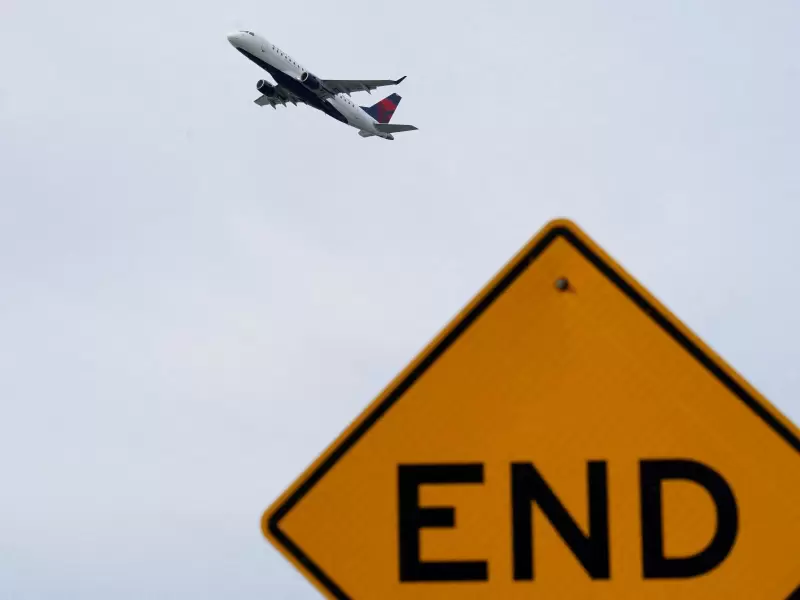
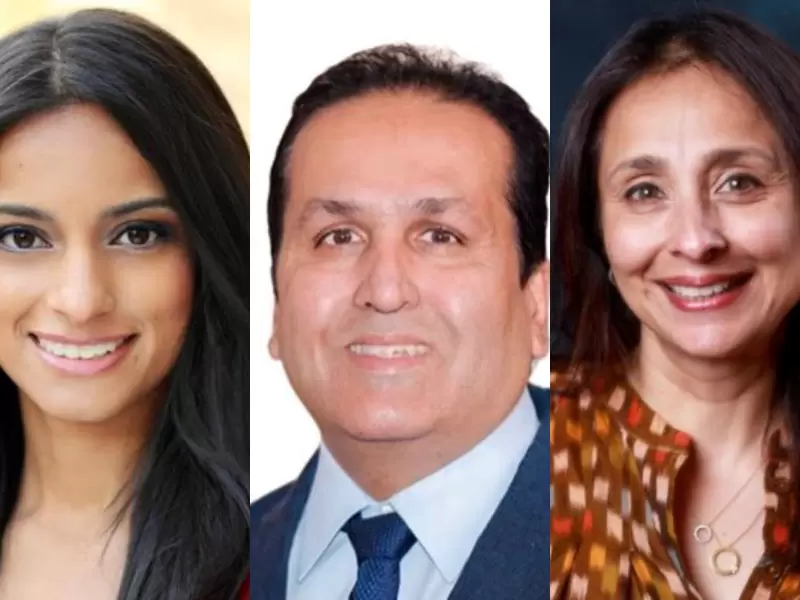
.jpg)
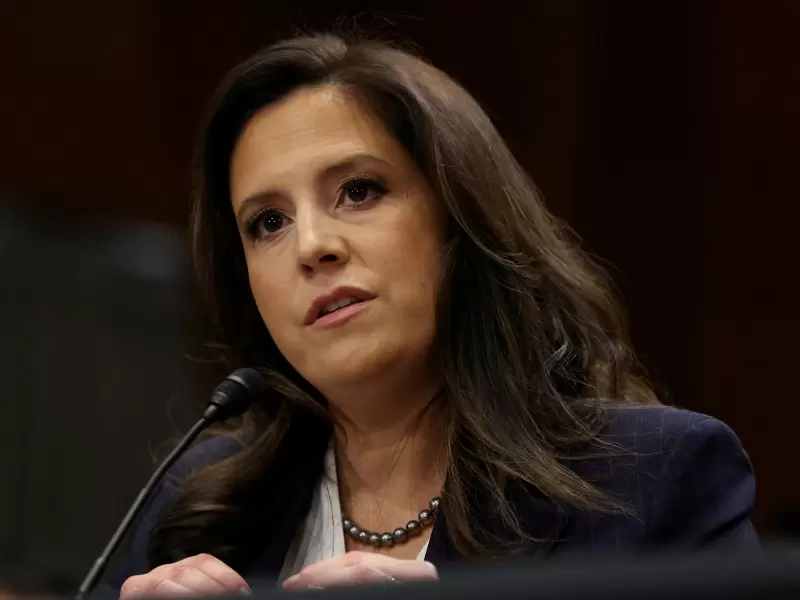

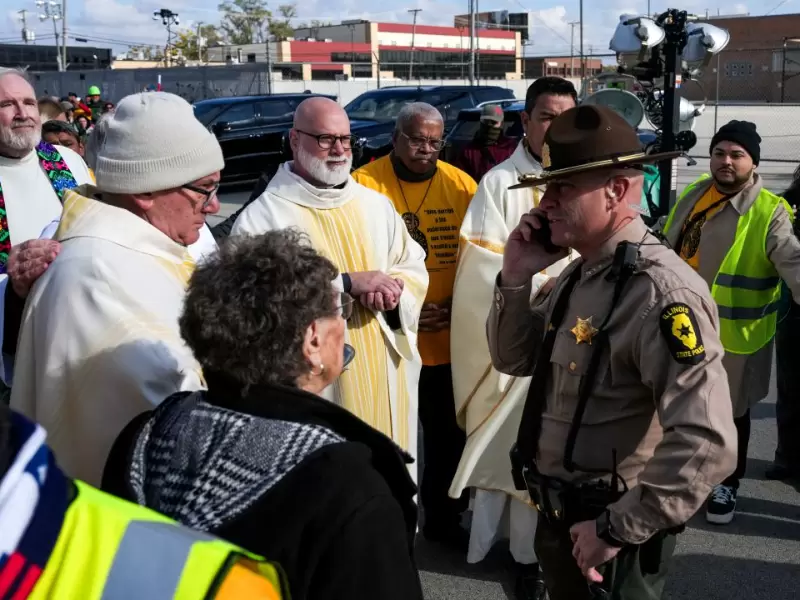

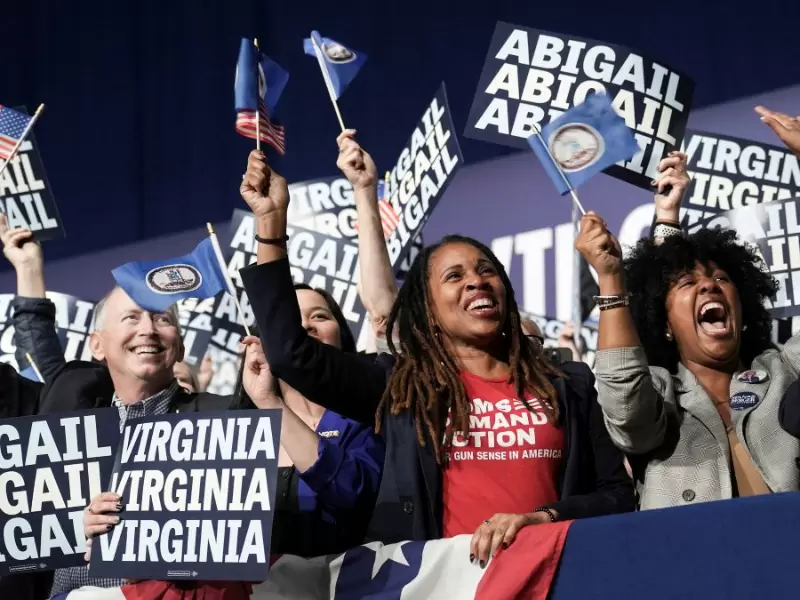
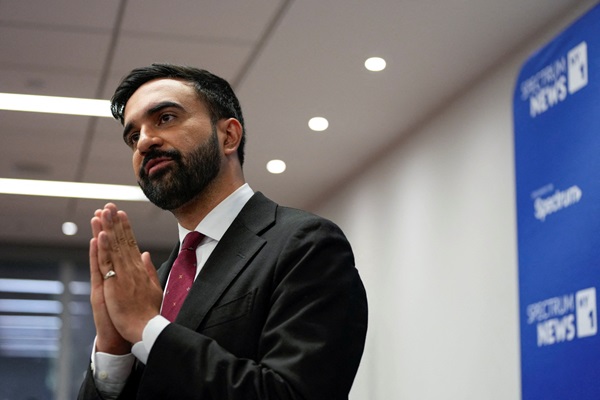
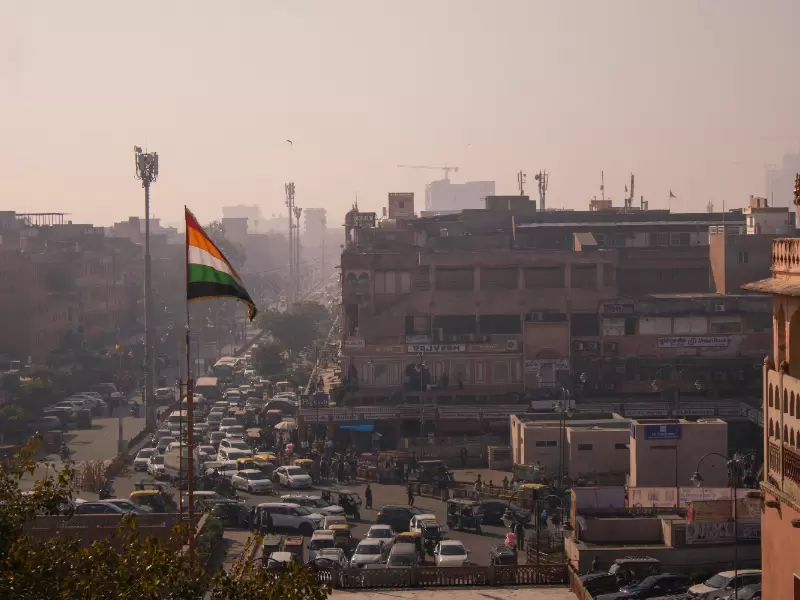

Comments
Start the conversation
Become a member of New India Abroad to start commenting.
Sign Up Now
Already have an account? Login